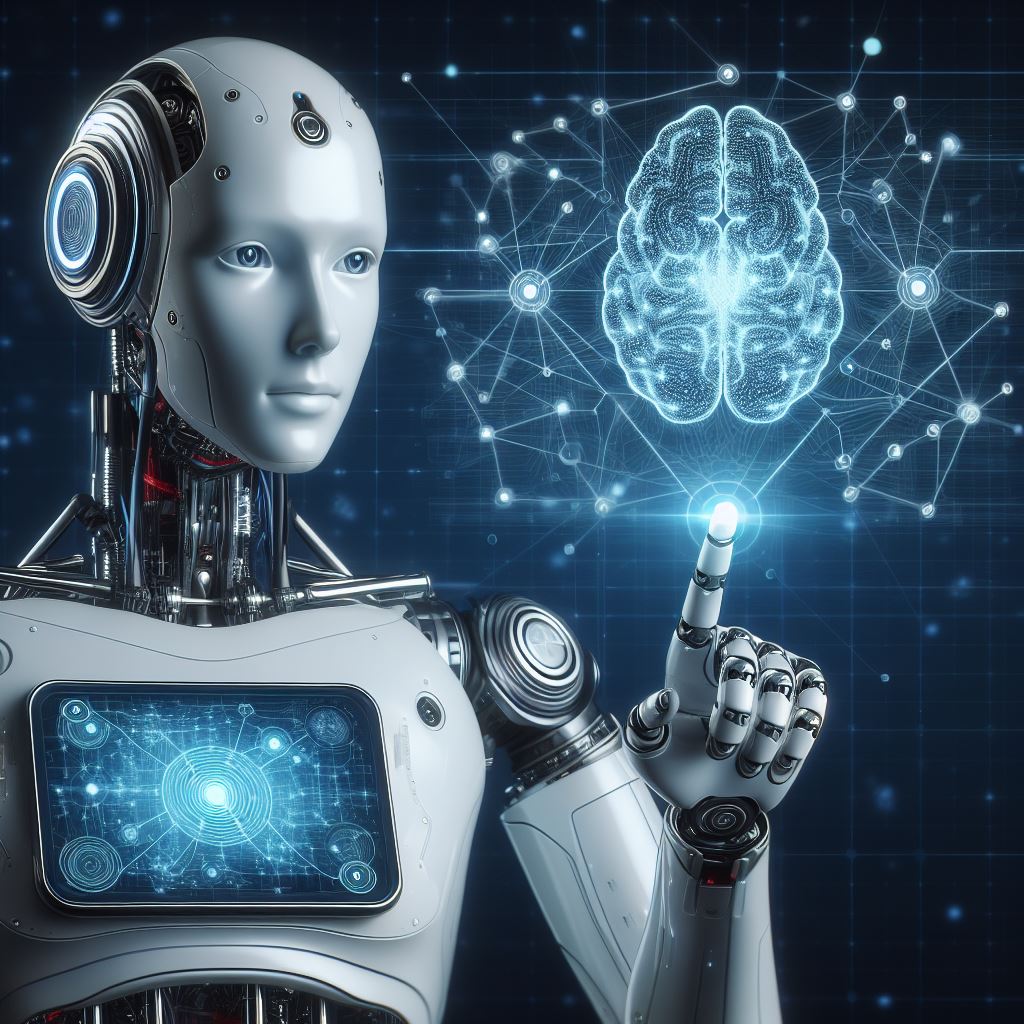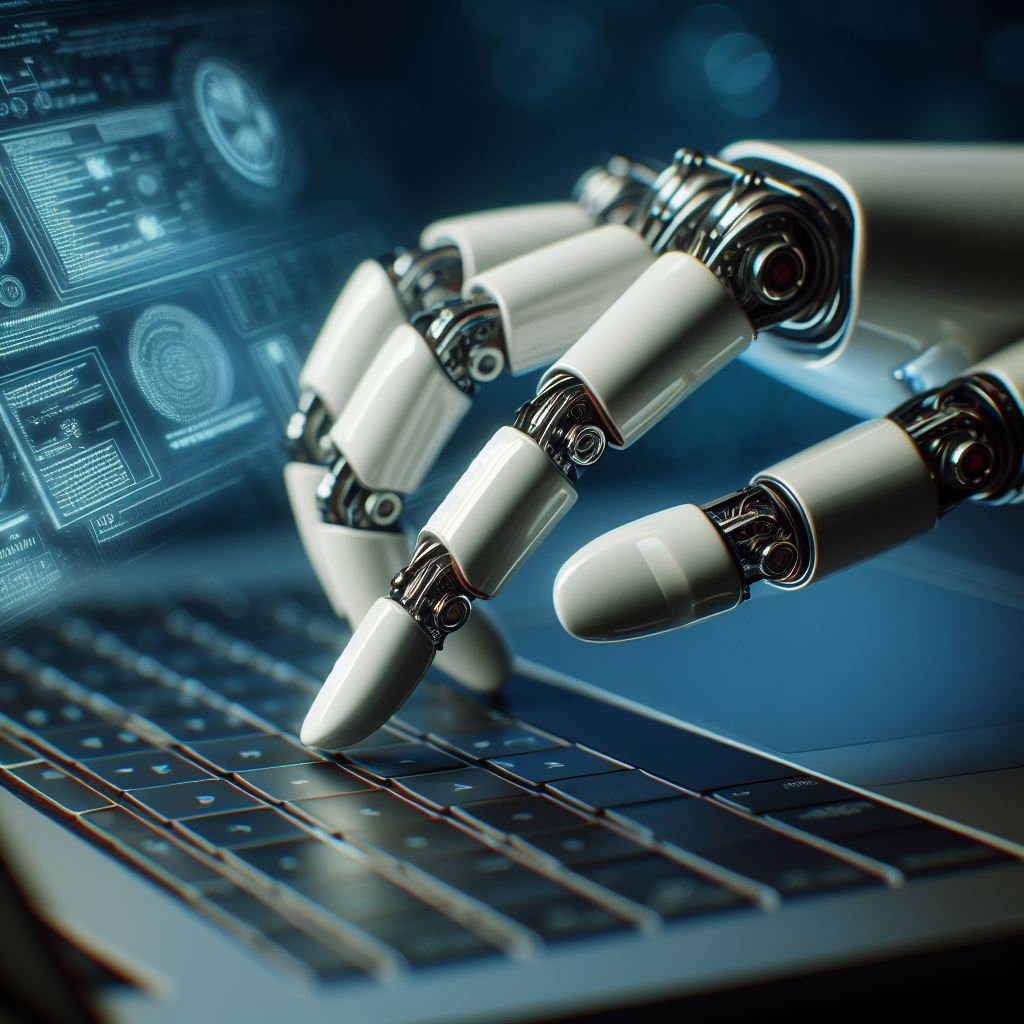AI And Future
Artificial Intelligence (AI), a term first introduced by John McCarthy, is a discipline that focuses on the creation of intelligent machines that work and react like humans, and The term “Machine Intelligence” was first coined by Alan Turing, who conducted substantial research in this field. The concept of “Artificial Brain” was born out of the desire to replicate human intelligence in machines. AI as a field of study was officially recognized in 1956 and has since experienced periods of hype and disillusionment. The AI renaissance of the late 2010s was driven by breakthroughs in deep learning and the transformer model, leading to a surge in interest and funding, primarily from companies and research institutions in the United States.
AI technology has found its way into a wide range of sectors, governments, and scientific disciplines. Notable applications include sophisticated search engines such as Bing, recommendation algorithms used by YouTube, Amazon, Spotify, Alibaba, and Netflix, voice interactions like Google Assistant, Cortana, Siri, and Alexa, autonomous vehicles like Waymo, Tesla, creative tools like ChatGPT, AI Arit, DALL-E and AI music, and superior gameplay and analysis in strategic games like chess and Go.
The concept of an AI takeover, where artificial intelligence surpasses human intelligence and gains control over the planet, is a recurring theme in science fiction. Prominent individuals like Stephen Hawking and Elon Musk have advocated for research to ensure that superintelligent machines remain under human control.
Esteemed physicist Stephen Hawking, Microsoft co-founder Bill Gates, and SpaceX founder Elon Musk have all voiced serious concerns about the potential for AI to evolve to a point where it becomes uncontrollable by humans. Hawking even speculated that such a scenario could “signify the end of the human race”. He once stated, “Achieving AI would be the most significant event in human history. Regrettably, it might also be the last unless we learn how to avoid the risks.” Hawking predicted that AI could offer “immeasurable benefits and risks” in the coming decades, including “technology outsmarting financial markets, out-inventing human researchers, out-manipulating human leaders, and developing weapons we cannot even comprehend.” In 2015, Nick Bostrom, along with Stephen Hawking, Max Tegmark, Elon Musk, Lord Martin Rees, Jaan Tallinn, and numerous AI researchers, signed the Future of Life Institute’s open letter addressing the potential risks and benefits associated with artificial intelligence.
A consensus among experts suggests that research on making AI systems robust and beneficial is both important and timely. They propose that there are tangible research directions that can be pursued today.
According to OpenAI, AI is not on the verge of taking over the world. Tech experts argue that it is improbable that a single AI system could become so powerful as to dominate the world, and AI is not expected to replace humans in the near future.
However, some speculate that AI could actually be the savior of the world. For example, Google Health predicts that by 2050, we could see personalized treatment plans, AI-assisted surgeries, and even predictive healthcare models.
Others caution that the rapid advancement of AI could significantly impact labor markets globally. However, there are certain jobs that AI cannot replace. Some examples include:
- Mental Health Professionals
- Social Workers and Community Outreach Roles
- Artists anad Musicians
- Strategic Planners and Analysts
- Research Scientists and Engineers
- Judges
- Leadership and Management Roles
AI is not a threat to humanity, but a powerful tool that affects our lives in various ways. However, we should be careful about the alignment and ethics of AI systems, as they could surpass human intelligence and capabilities in many domains. AI also changes the nature of work and creates new challenges and opportunities for human workers. The future of AI is not a dystopia, but a dynamic and exciting world that requires adaptation and innovation.

